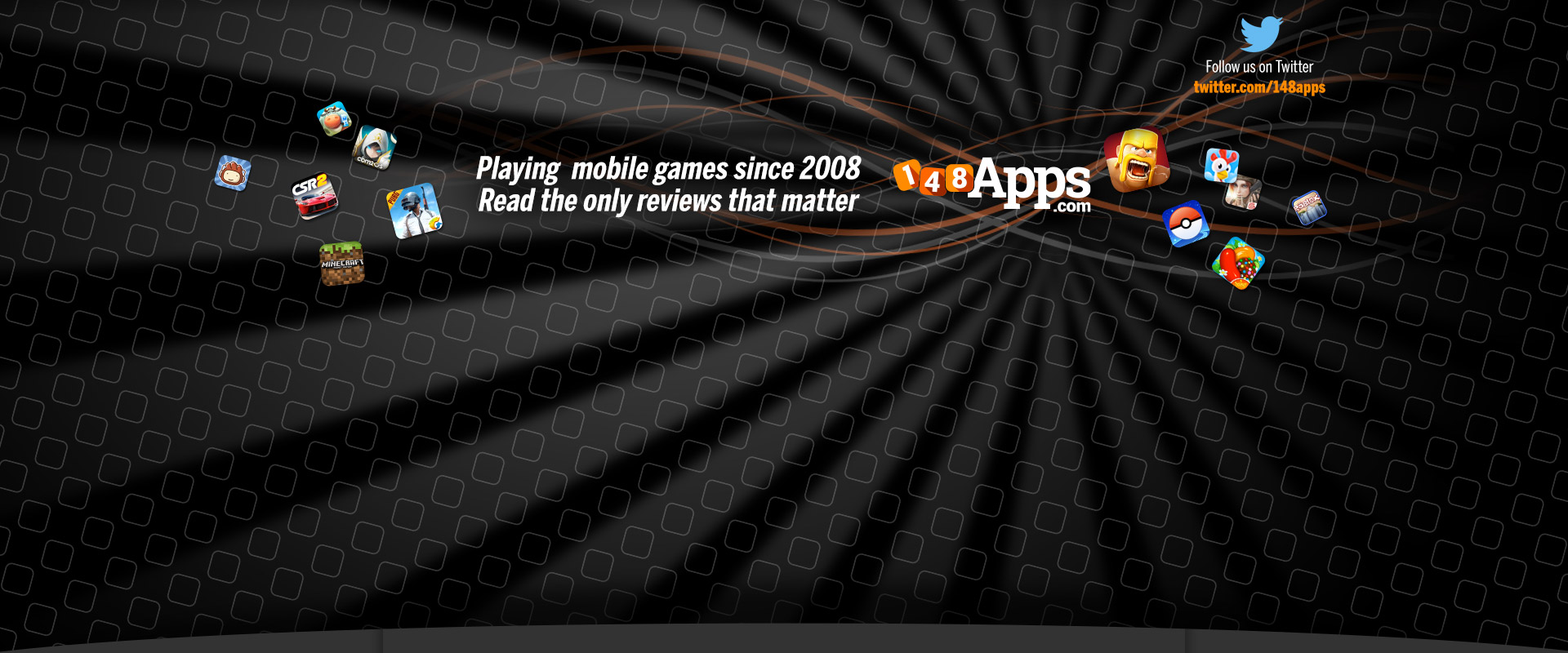Moncage review
Price: $3.99
Version: 1.05
App Reviewed on: iPhone XR
Graphics/Sound Rating:





User Interface Rating:





Gameplay Rating:





Replay Value Rating:





Overall Rating:





Moncage is a puzzle game that makes a striking impression. Much like modern classic Gorogoa, this experience plays with perspective using a very natural touch and swipe-based interface to create some mind-bending challenges. The only problem is that Moncage gets a little to clever for its own good. If not for the game's truly excellent built-in hint system, I'm not sure I would have made all of the logical leaps necessary to see it through to the end.

A matter of perspective
In Moncage, you bear witness to a variety of scenes that are displayed on the sides of a mysterious cube. You have some control over each of these individual scenes in that you can tap to zoom in on specific points of interest, open doors, or turn levers, but--perhaps more interestingly--you can combine scenes between sides if you can rotate and line up your perspective to make a new, congruous scene.
The easiest way to explain this is via example. So imagine, for instance, one cube wall having a scene with a ball on top of a green table on it. The neighboring scene could be a playground or something, with a slide that is the exact shade of green as the table. If you can rotate the cube so that a piece of the table lines up with the slide so that they look like a new object, the ball may then roll down the slide into the playground scene, which might activate a scene change and allow you to keep moving forward through Moncage.
Intelligent cube
The entirety of Moncage is built around the idea of these perspective puzzles, and it's geniunely impressive how many different kinds of challenges or scenarios the developers thought up to keep its mechanics and gameplay feeling fresh throughout. The idea behind all of Moncage's shifting scenery isn't just to prop up its gameplay, either. As you make your way through the game, a loose-fitting narrative starts coming together, which you can get a little more insight on by gathering collectible pictures stashed away alongside the objects you're manipulating.
All of this puzzling feels pretty fantastic thanks to a ton of great design choices. The swipe and tap controls feel completely inuitive, and there's some handy multi-touch controls that highlight interactive objects in case you missed certain objects in scenes. Perhaps the most impressive aspect of Moncage's design, though, is its hint system. If you sink a lot of time into a set of scenes without progressing, the game pings you letting you know hints are available, which you can tap and hold to reveal in the pause menu. If three or so hints revealed this way fail you, Moncage can provide a video of the solution so you never have to go outside the app to consult a guide or walkthrough to make your way through.

Too far outside the box
As sleek as Moncage's hint system is, though, I wish I didn't end up being so reliant on it. At various points through the game, things get a little too complicated or caught up in logical procedures that elude you, to the point that I often found myself correctly identifying solutions while being mystified as to how to actually reach them. In a weird way it felt like a new version of the problems that often cropped up in classic point and click adventure games like the Monkey Island series.
Because I ran up against this problem as often as I did, I actually wonder if Moncage's developers implemented such a comprehensive hint system because they knew its peculiar puzzle solution would be a common issue with players. If that's the case, I'd have much preferred some simpler puzzles that match the sleek and effortless design that pervades through the rest of the experience, but at least the hint system provides a comfortable way for just about anyone to finish the game so long as they stick with it.
The bottom line
Moncage takes its neat, perspective-based puzzling to some pretty wild places. As a result, many of the game's solutions feel clunky and unintuitive in ways that run counter to the rest of the experience's sleeky and elegant stylings. Thankfully, the game's hint system is among the best I have ever seen, and works to make the game completable, though you may be a little surprised and put off by how often you have to use it.



